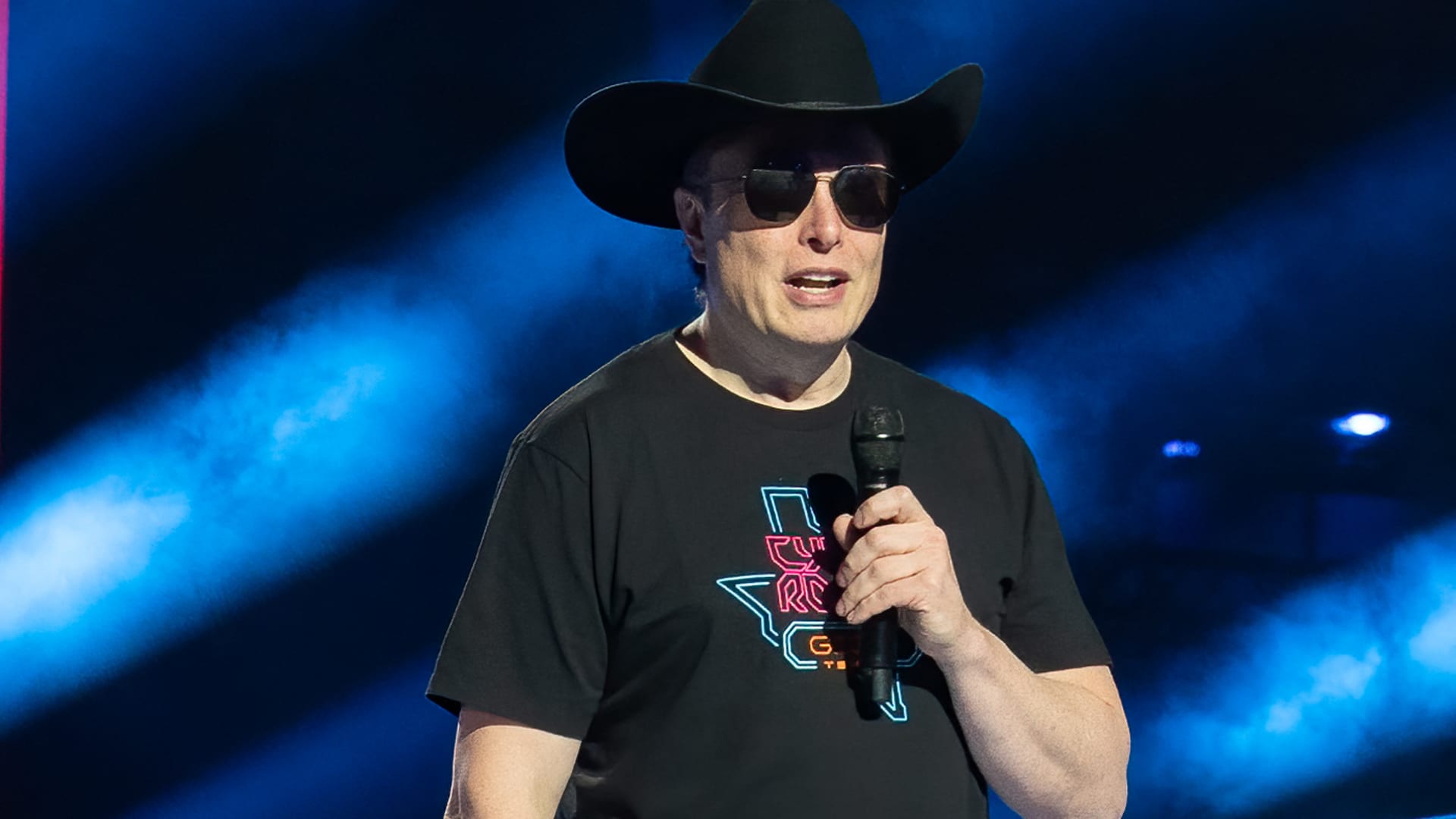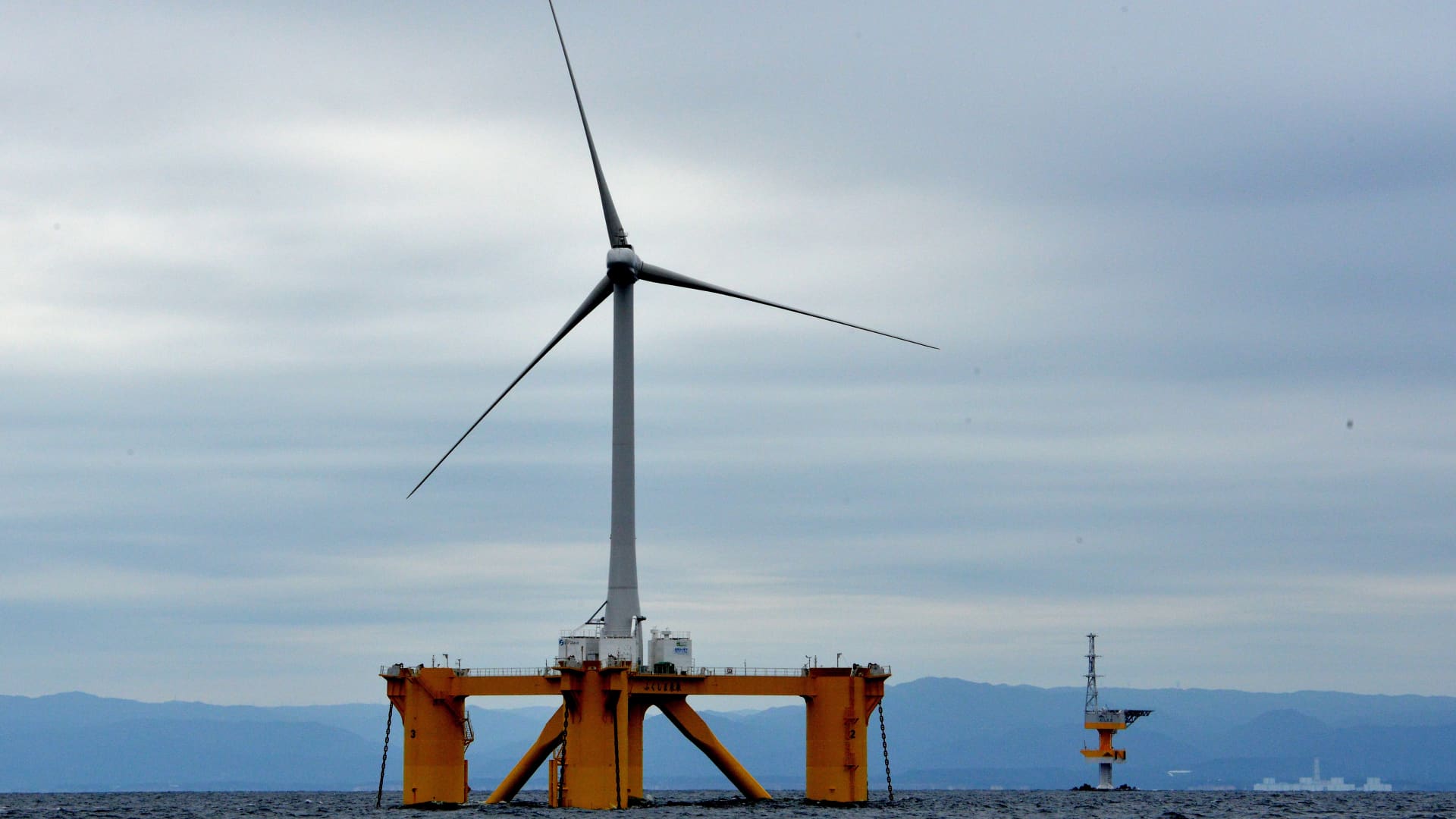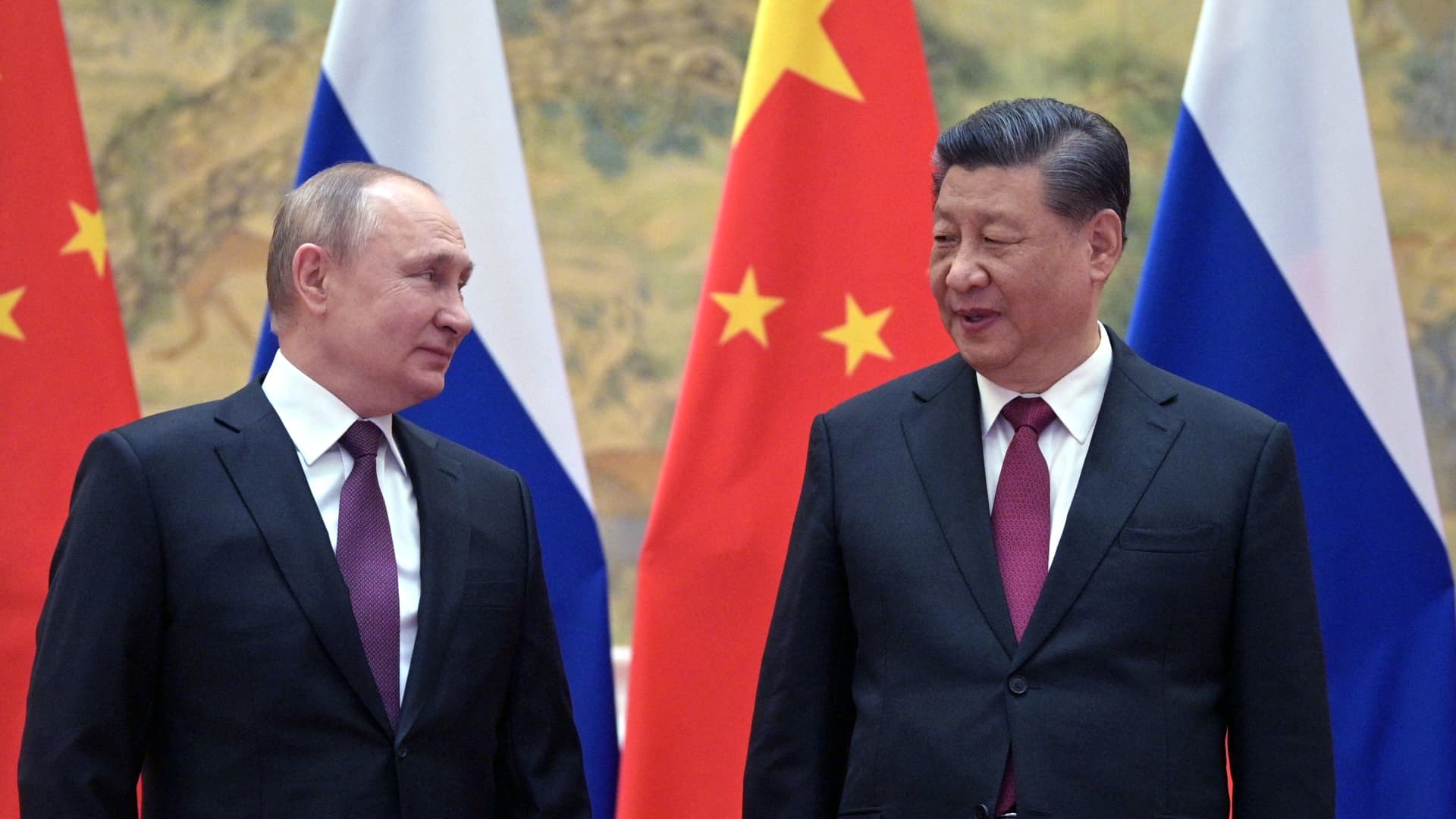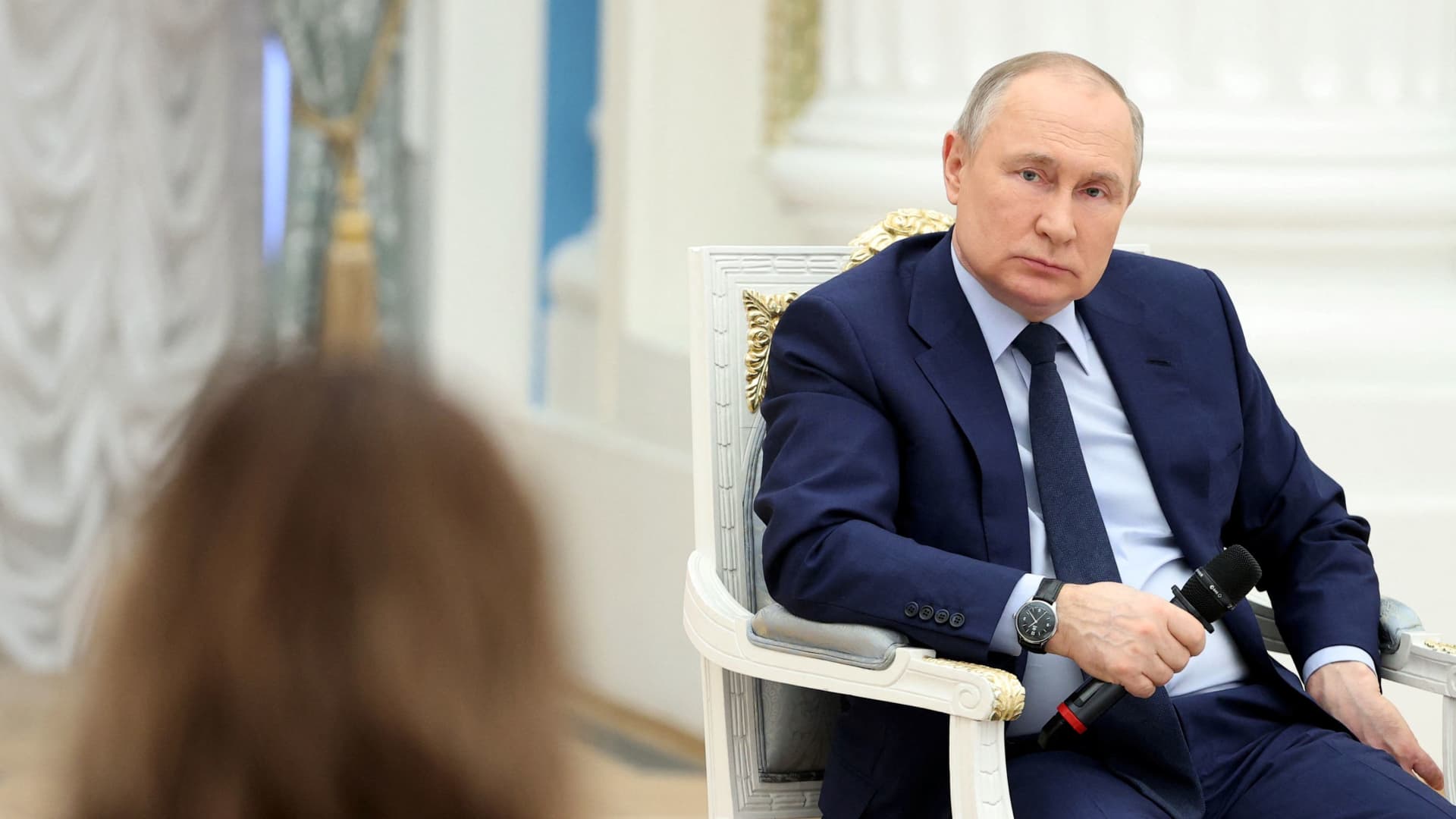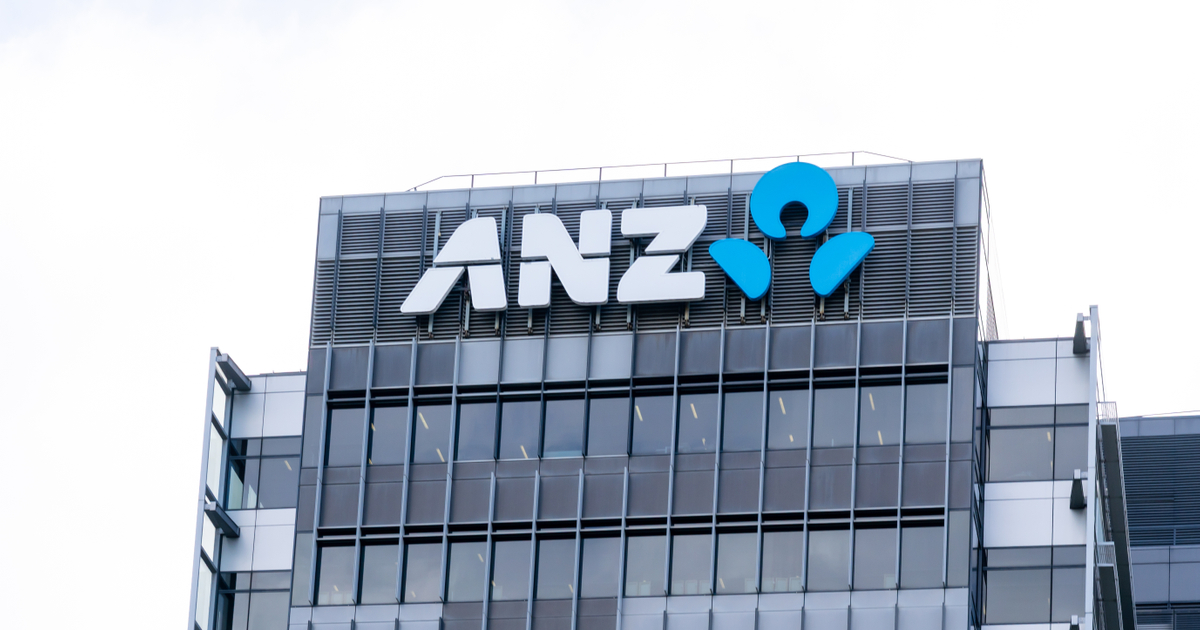Now that Russia has invaded Ukraine, the West has to try to stop Putin — but how?
There are question marks over how far the West will go to stop Ukraine from being overwhelmed by invading forces from Russia.
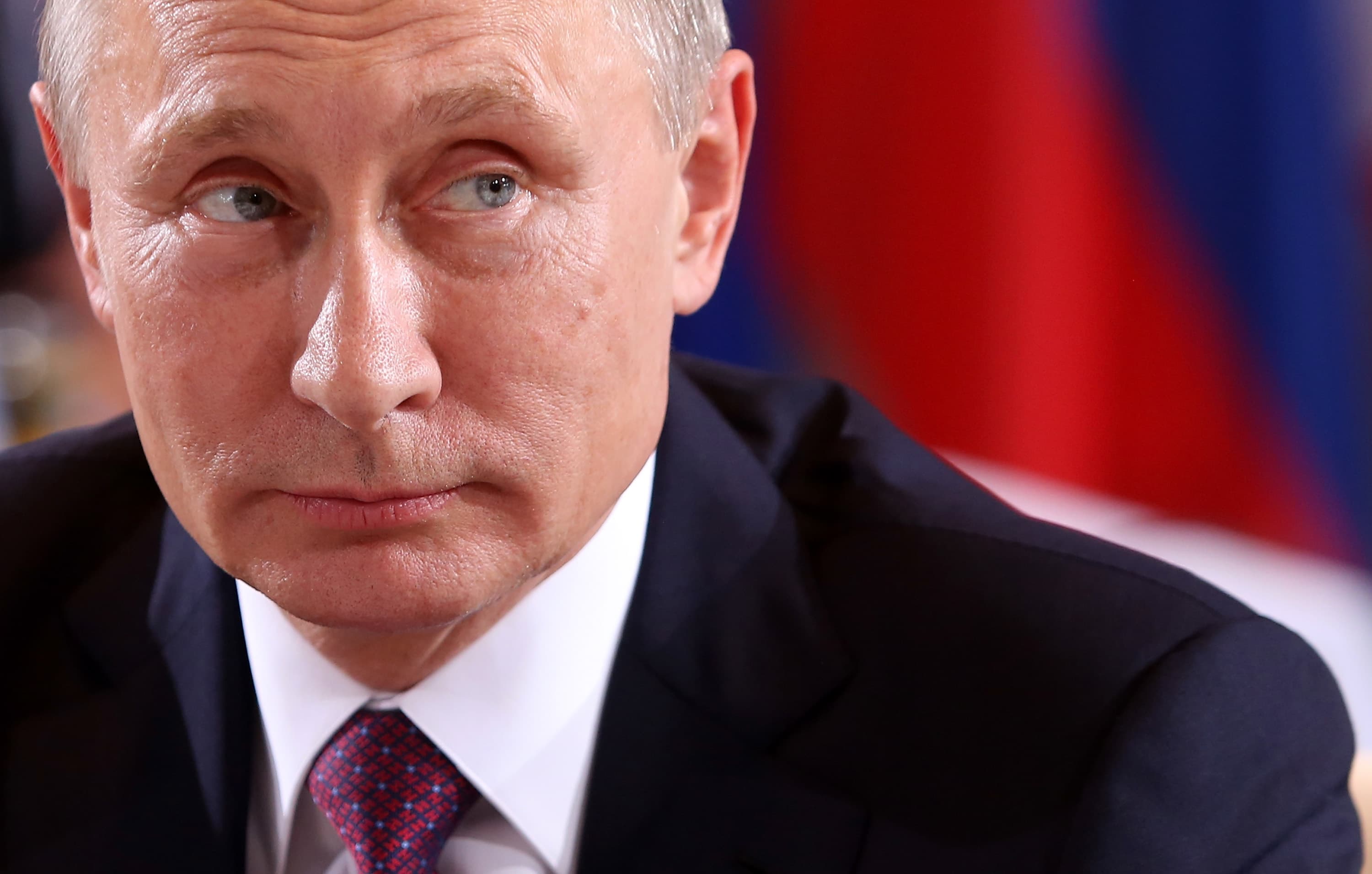
Russian President Vladimir Putin.
Adam Berry | Getty Images News | Getty Images
After months of posturing, Russia has finally invaded Ukraine. The big question for the West now is: Can Russia and President Vladimir Putin be stopped?
Putin announced an attack on Ukraine early Thursday local time, declaring the beginning of a "special military operation" aimed at what it called the "demilitarization" of Ukraine.
In a televised address, Putin said Russia did not plan to occupy Ukraine but wanted to protect its citizens. He also issued a chilling warning that any countries that tried to interfere with Russia's actions would face "consequences they have never seen."
Russian attacks then began on cities across the country, with explosions reported in several key cities including Kyiv, Odessa, Kharkiv and Mariupol.
Further official and eyewitness reports have said that in addition to airstrikes, Russian tanks and troops have crossed over Ukraine's border into various parts of the north, east and south of the country, and that Russian shelling has continued on various locations, including government buildings.
By midmorning Thursday, Ukraine's military said Russia had attacked it with more than 30 strikes on civilian and military infrastructure, and had used Kalibr cruise missiles to do so.
NATO Secretary-General Jens Stoltenberg said Thursday that "in the coming days and weeks, there will come even more [soldiers], so we will further increase and we are increasing our presence in the eastern part of the alliance," he told reporters, although he repeated that NATO has no plans to send its troops into Ukraine.
The Kremlin issued more statements Thursday morning, saying Putin would decide how long the military operation would last "based on its progress and aims."
Putin's spokesman, Dmitry Peskov, also told reporters Ukraine needs to "ideally" be "liberated" but that "nobody is talking about the occupation of Ukraine" and that word is "unacceptable," he said, according to Reuters.
The developments are a shocking escalation after months of simmering tensions and concerns over Russia's intentions toward its neighbor.
Thursday's attack comes days after Putin recognized two breakaway regions in eastern Ukraine as independent and ordered Russian troops into the region on a "peacekeeping" mission, a claim scoffed at by many.
Experts and officials thought this could be a precursor to a wider invasion of the eastern Donbas region of Ukraine, but Thursday's assault is bigger, and has come quicker, than many feared.
Experts believe Moscow's likely objective in this military action is to force a change in Ukraine's political leadership and to install a pro-Russia regime in Kyiv.
"Based on Putin's speech and the initial waves of strikes, it is clear that we are in the 'severe' scenario, in which Russia launches major attacks across Ukraine and aims to overthrow the Kyiv government through military means," Henry Rome, director of global macro research at Eurasia Group, said in a note Thursday.
"Despite Putin's claim to the contrary, it is probable that this will include occupation of some territory by Russian forces."
The attack is shaking global financial markets, causing U.S. stock futures to tumble and global oil prices to spike. European markets are set to plunge at the open Thursday as a military conflict has broken out yet again on its soil.
Are sanctions enough?
U.S. and European officials had tried to deter Russia from launching an attack by promising a barrage of further sanctions.
Earlier this week they imposed a set of punitive measures on Russian individuals, financial institutions and sovereign debt following Russia's recognition of the separatist areas in eastern Ukraine.
U.S. President Joe Biden promised more measures to hit Russia's economy after the invasion started. The EU, which borders Ukraine to the west, will hold an emergency meeting Thursday to discuss its response. German Chancellor Olaf Scholz has called Russia's actions a "dark day for Europe," saying Moscow should cease military action immediately.
Whether sanctions are enough to deter Putin is uncertain, given that a raft of measures imposed on Russia following its 2014 annexation of Crimea have failed to discourage the president.
There has also been some promises of more military hardware for Ukraine to use to defend itself, but how long it can withstand aggression from Russian forces is uncertain.
Timothy Ash, senior emerging markets sovereign strategist at BlueBay Asset Management, noted Thursday that "Putin is putting a new Iron Curtain across Emerging Europe. We are all less safe because of this."
"The West needs to sanction the hell out of Russia for this," he added.
For its part, Ukraine is calling for urgent and immediate help, with the country's foreign minister, Dmytro Kuleba, tweeting a "to do" list for the West, calling for more weapons and financial and humanitarian assistance.
In a separate tweet, Kuleba pleaded for the world to prevent Putin from causing further damage to Ukraine, saying: "The world can and must stop Putin. The time to act is now."
Western nations, such as the U.S. and U.K., have already supported Ukraine with some financial aid and military hardware. While other European countries have offered military equipment to reinforce NATO's deployments in Eastern Europe.
Ukraine is not a member of the EU or NATO — the military alliance formed of North American and European nations — and so NATO is not bound to defend it.
As such, there are question marks over how far the West will go to stop Ukraine from being fully suppressed by Russia, and it is unclear whether the U.S. and EU are willing to respond with military means.
Eurasia Group's Rome expects a far-reaching package of sanctions designed to isolate Russia from the global financial system and severely damage its economy to be announced in the near future.
"That will include the U.S. adding many, if not all, of Russia's largest banks to the Specially Designated Nationals list, imposing new export restrictions on advanced technology, and broadening the scope of sanctions against oligarchs and family of the political elite," he said.
"The EU and UK will impose similar measures. Given the severity of the Russian actions, we expect Western policymakers to go beyond their worst-case scenario plans, which puts Russia's expulsion from the SWIFT financial messaging system in play. The Nord Stream 2 pipeline will be sidelined indefinitely."
Germany already announced earlier this week that it was halting its approval process for the massive gas pipeline, which was designed to double Russia's gas imports to Germany and the rest of Europe.
A new Cold War?
The pressure is now on the West to counter Russia's increasingly aggressive stance, particularly toward its neighbors and former Soviet states like Ukraine, Georgia and Belarus.
What makes Ukraine particularly significant is its position on the right-hand flank of Europe — the home of some of the world's largest and longest-standing democracies and economies.
Russia's president has long extolled the "unity" of Ukrainians and Russians, giving speeches and even writing an essay on the historical, cultural and linguistic ties between the nations. On Monday, he stated that Ukraine was created out of Russian lands and reiterated that the breakup of the USSR, which led to Ukraine becoming an independent country, was a mistake.
Ukraine's government, however, has sought to to align itself with Europe, aspiring to membership in both the EU and NATO.
This pivot to the West is a big bone of contention for Putin, who is eager to maintain Russia's sphere of influence. Russia has sought legal assurances that Ukraine would never be able to join NATO, which would bring the military alliance's border to Russian territory.
This demand has been refused by the West, leading Russia to claim its security concerns have been ignored.
Rome, from Eurasia Group, said the latest attack by Russia and the West's sanctions will have "far-reaching impacts on the global economy" and that the "Russian invasion will mark the beginning of a new US-Russia cold war, creating a rupture between Washington and Moscow that will make anything but the most basic diplomacy extremely unlikely."
"It will also mark the return of a major militarized border in Europe, raising tensions between Russia and NATO countries from the Baltic states to countries on the Black Sea. The U.S. and NATO will face risk of the conflict spilling over into Poland, Hungary, or Romania ... which would risk drawing alliance members into conflict. Lastly, huge refugee flows loom on the horizon," he warned.
For now, it's unclear whether Russia has the military manpower to occupy Ukraine.
"While Russia's military buildup is significant, the number of Russian troops is still insufficient to occupy and hold large parts of the Ukrainian territory, especially considering expectedly strong local resistance," Andrius Tursa, Central and Eastern Europe advisor at Teneo Intelligence, said in a note Wednesday evening.
He said Moscow's likely objective was the force Ukraine to concede to Russia's demands.
"Earlier this week, Putin has outlined a new set of demands for Kyiv, which include (1) the recognition of Crimea and Sevastopol as Russian territory; (2) renouncement of plans to join NATO; (3) demilitarization of the country; (4) negotiation of the situation in Donbas," Tursa noted.
To advance its goals, Russia could use a variety of actions, "including military action aimed at degrading the country's defensive capabilities, inflicting significant casualties, and damaging critical infrastructure in the hope for a swift capitulation by the Ukrainian side."
In short, Tursa said, Moscow could try to use a variety of tactics to destabilize and demoralize Ukraine.
"This could include large-scale terrorist acts, political assassinations, cyber-attacks on critical infrastructure, and other actions aimed at sowing chaos and undermining the country's ability as well as willingness to defend [itself]."

 ValVades
ValVades 







